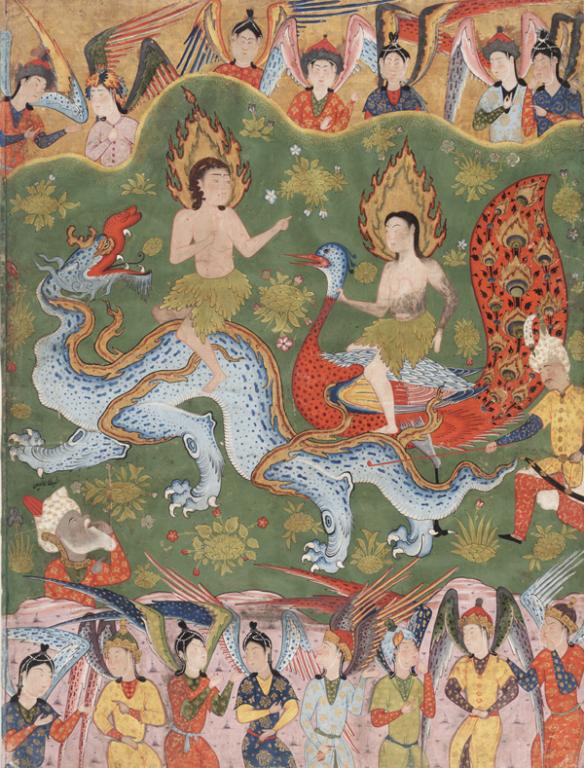
One of the questions that I was asked at the Phoenix-area events over the weekend went roughly as follows:
In Islam, does Satan rebel against God and attempt to take away the agency of humanity?
The answer to this is “Not quite.”
There is nothing in the Qur’an to suggest that he sought to deprive us of our freedom or agency. But the Qur’an does portray him as a tempter who exerts himself to seduce our first parents and then, afterward, us away from God.
The story of his fall, which is repeated multiple times throughout the Qur’an (the holy book of Islam), portrays him as having been summoned with all of the angels and the jinn — he is the leader of the jinn, the “head jinni” — to gaze upon the newly created human, Adam. God then invites those assembled to kneel and do homage to Adam, who is being placed on the earth as God’s vicegerent or representative.
All the others do so, but Satan refuses to kneel. Adam, who had been created from dust or mud, was unworthy to receive such homage from someone who, Satan says of himself, had been created from a pure flame.
Of course, Satan should have obeyed simply because the command came from God. But he doesn’t. And, for his pride and arrogant rebellion, he is cast out of heaven.
This should sound at least slightly familiar, as should the titles by which he’s called in the Qur’an and Islamic tradition:
He is known as al-Shaytan (pronounced ash-ShayTAN) or “the Satan.” He is also known as Iblis (sometimes spelled Eblis, and pronounced ih-BLEES), which almost certainly comes from the same Greek word (diabolos) as do our English words diabolical and devil.
Anyway, that, in a nutshell, is the answer to the question.










